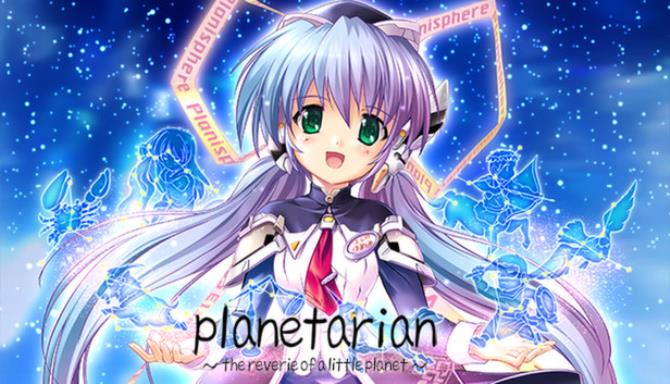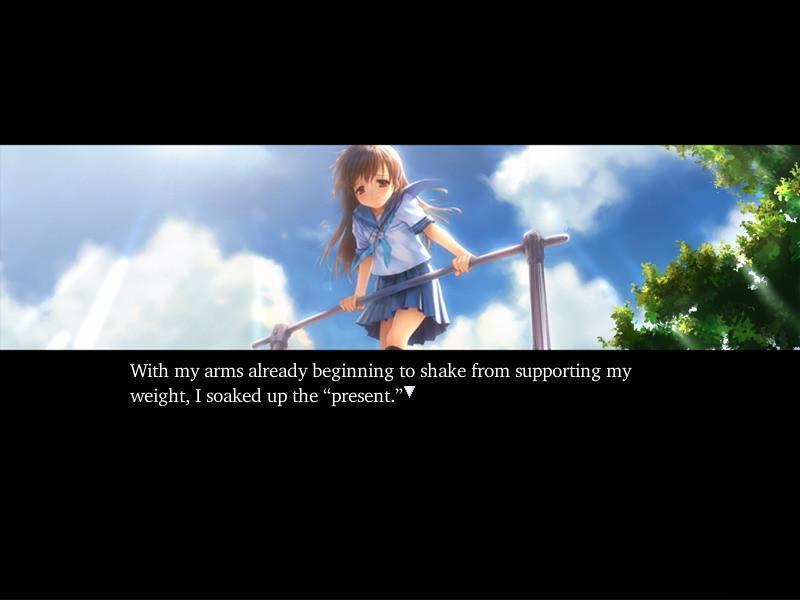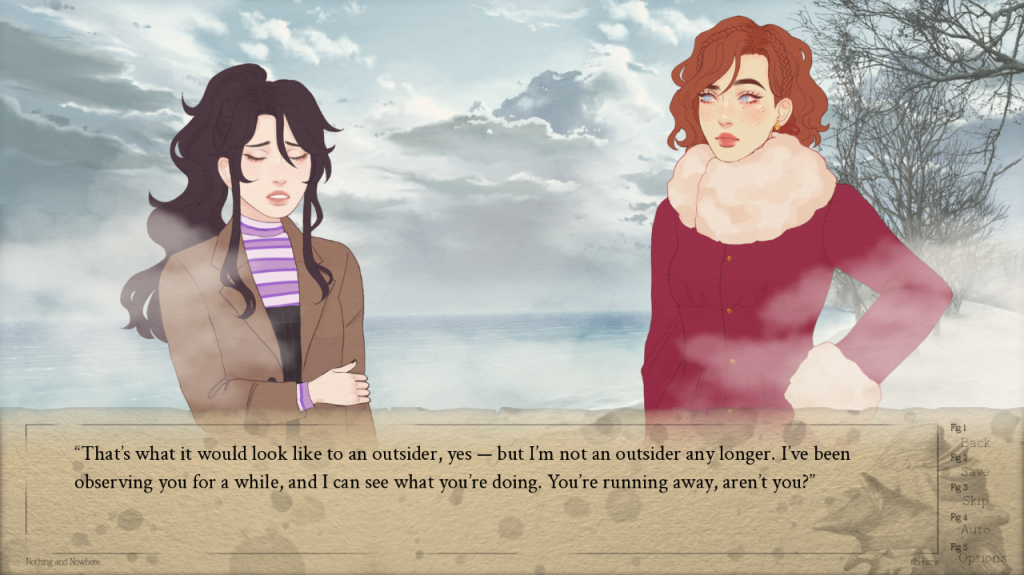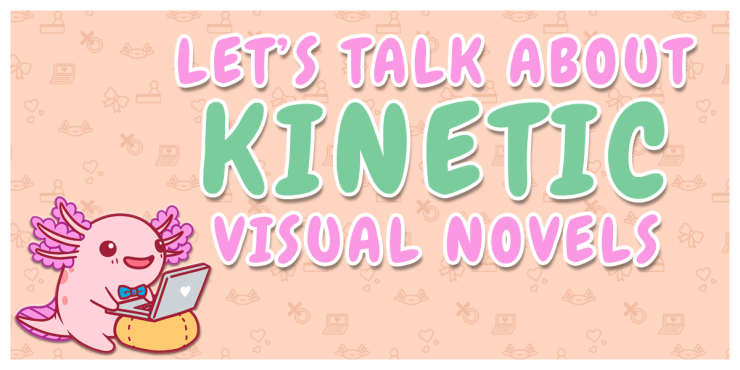Some of the first visual novels I ever played didn’t have choices, and as I became more familiar with the genre I learned that these were called kinetic novels, a sub-genre of visual novels. Kinetic novels are a great way to tell a linear story. Unfortunately, these novels can sometimes be overlooked, and some people may even consider them boring.

Kinetic visual novels are visual novels that follow a linear story with no branching paths or choices. There are some very successful kinetic novels that have been released, such as planetarian ~the reverie of a little planet~, which has overwhelmingly positive reviews on Steam. The emotional impact that comes with this story is why fans love it so much.
The well-reviewed Higurashi When They Cry series, which is best labeled as a series of “sound novels,” has elements that shock the readers. I’ll admit that I have only briefly played through the first chapters of Higurashi, but I have watched the anime, so I know how intense and devastating the story is.
Among the list of kinetic visual novels I have played, just about all of them were very emotional and even tragic. Kinetic novels that pull on the heart strings or make you sympathize with the characters, or leave you with some kind of intense emotional response, seem to score the most positive responses.

Some people say, “Well, why not just read a book?” when referring to kinetic novels. Kinetic novels and traditional books are two entirely different methods of storytelling. I could write a standalone article about that fact. The art, music, voice acting, and sound effects can combine together to make an immersive experience in a kinetic novel. That’s something that a book can’t deliver.
Kinetic visual novel developers have the opportunity to focus on one path of the story, without having to put any energy in developing good mini-games or branching paths. The writers can channel their focus into telling the story, and if done right, kinetic novels can really leave an impact.

At the end of the day, everyone has their own preference for what kind of visual novel they like to play. If you’re looking to play a dating sim with a lot of choices and multiple endings, then a kinetic novel is obviously not going to fulfill that want. I think some kinetic novels get bad reviews because people are expecting choices, and going in with that mindset can lead to disappointment.
Everything I’ve listed above is proof that kinetic visual novels can be a great way to tell a story and can bring out strong emotions in readers. Personally, I have no leaning preference for linear or choice-based visual novels—as long as the story is good, then I am happy!
What’s your opinion on kinetic novels? Do you think the lack of interactivity makes them lose their appeal?







